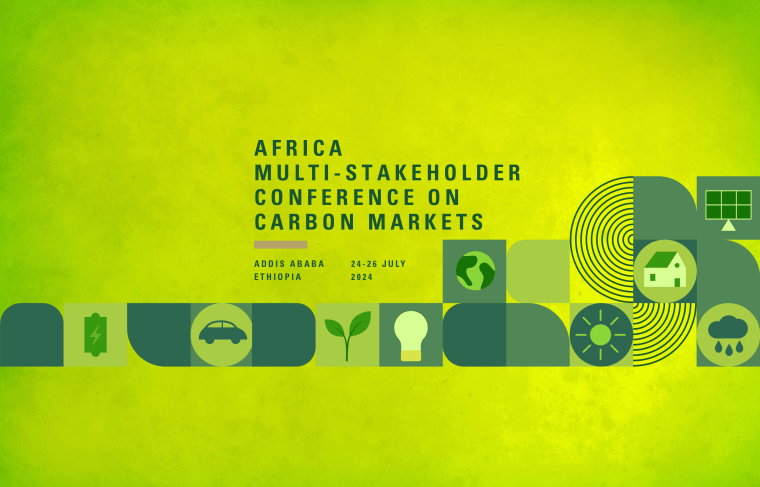Department Resources
August 17, 2024
The close of the last decade saw a heightened concern by the global community around the triple planetary crisis of biodiversity loss, cl
May 13, 2024
May 13, 2024
September 19, 2020
The African Union Commission (AUC) envisions “an integrated continent that is politically united based on the ideals of Pan Africanism an
June 24, 2020
Highlights of the cooperation with the GIZ-project “Support to the African Union on Migration and Displacement”
June 24, 2020
Violent extremism is a global issue.
October 24, 2024
October 24, 2024
October 23, 2024
September 30, 2024
Climate change is arguably the greatest challenge facing humanity in the 21st century.
September 24, 2024
August 17, 2024
The close of the last decade saw a heightened concern by the global community around the triple planetary crisis of biodiversity loss, cl




